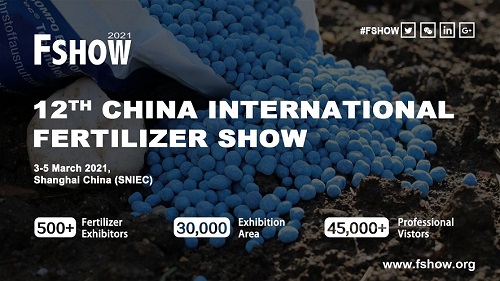
Exhibition time: 17-19 March, 2026 Shanghai, China
 中文
中文

Exhibition time: 17-19 March, 2026 Shanghai, China
 中文
中文
If you're a lover of growing stuff and eating it, you're probably interested in making it as healthy as possible? Healthy plants make healthy peeps right? This article on how to use worm castings in your garden, on potted plants, and as a general fertilizer. How to increase the health of your soil, your plants, and ultimately, YOU.
I'm going to show you why building a worm farm is such a great, low cost venture which can make a big impact.
I'm going to excite and hopefully inspire you with tales of worm castings, what they are, and why they are such a valuable resource for the gardener. I'll be showing you a number of tips and tricks that you can apply to make your plants thrive.
For any gardener, whether new or experienced, the mad desire and unrelenting passion to nurture seedlings into healthy, vigorous plants is exciting indeed. And what makes plants thrive, be able to fend off pest predation and reach maturity?
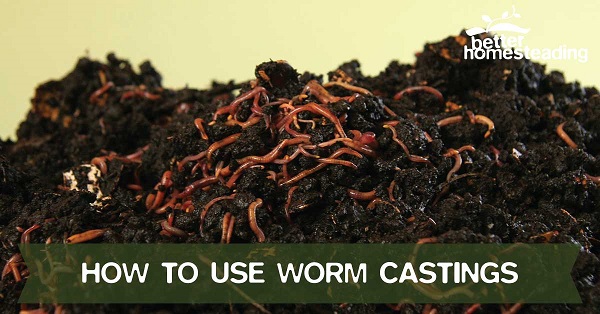
Soil!
Well, not just soil. As humans need nourishment to survive, so do plants. In an age where soil nutrient depletion is rife and the vitamin and mineral profile of soils are nowhere near where they were 50 years ago, the keen gardener needs to spend some time 'repleting' the soil in their own little piece of the planet.
Worm castings are in incredible soil amendment actually one of the most nutrient rich forms of fertilizer the gardener can use. A small amount can feed a houseplant for a number of months, can you believe that?
Worm composting enhances the ability of your soil to retain water, but also supporting adequate drainage. Yes, high quality organic matter supports both. It improves the texture of your soil over time.
The nutrients in worm castings are rapidly absorbed by plants and immediately available, unlike some other animal manures.
Why Bother With Worm Castings?
All seems like a lot of work and hassle? Well, it's really not. I found this little video and was actually really inspired by it. Just a normal gal in the city, sharing a flat with friends and tens of thousands of worms. Take a look...
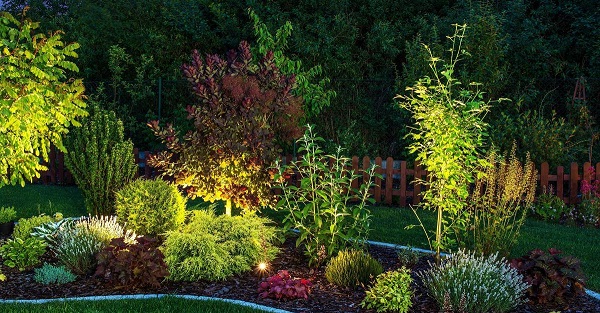
What On Earth Are Worm Castings?
As you would expect, worm castings (also known as vermicompost, vermicast or just plain worm compost) are the waste products of worms. Yep, it's worm poop alright! The castings are packed full of a highly active mixture of bacteria, enzymes, plant matter and animal manure that is passed through the worm's body.
Worms are greedy critters. They eat their own body weight in organic matter every day. Imagine if we did that? That's a lot of burgers...
Cool er?
Back to the worm casting story. Water soluble plant nutrients such as copper, zinc, manganese, borax, iron, magnesium, potassium and calcium, just to name a few, are all found in worm casts. These essential nutrients are often not found in depleted soil, even in your garden.
As the organic matter moves through the worm it is coated in a layer of oil. This layer, which breaks down over a couple of months allows the nutrients to be immediately available, but slowly released over time. You end up with this soft, chocolatey, crumbly soil like humus that smells wonderful. It reminds me of the forest after a light spring shower, earthly, natural...sorry, I'm gonna cry.
If you are looking for a simple, economical and effective way to improve the quality of your soil and your plants, using worm castings as fertilizer is an excellent idea.
A small investment in a gaggle of worms (oh, that's geese isn't it?) is all that you need. Let's call them an 'army' for now. Each and every one of those slithering soldiers is going to go into combat for you every day. In camouflage of course!
You'll need to keep them in something of course. They don't make good pets just free-ranging around your house. But with a bought worm farm, or something you knock up at home, you'll be reducing your kitchen waste and building the rich soil additive that will have your plants tipping their hats to you.
Want to see worms going about their day jobs? This video of a worm farm is pretty incredible.
How Do I Produce This Magic Of Which You Talk?
Getting your won mini worm farm off the ground is simple. I talk about it here in my big guide to composting. Use the table of contents to scroll to the section if you don't want to read it all.
10 Funky Benefits Of Worm Castings
Worm castings have many benefits in addition to the ones I have mentioned already. Let's recap and add a few new ones you might not have considered:
•Rich in up to 60 nutrients and minerals that are easily absorbed by plants
•Slow release so a small amount can nourish plants for a long time
•Absorb and retain more moisture than normal garden soil
•Aerate the soil and improve composition
•Help extract toxins and harmful bacteria from the soil
•Acts as buffer against high and low soil PH
•Help reduce kitchen waste
•Fun for kids to learn about worms and composting
•Introduces healthy microbes to the soil
•Cheap and easy to set up and maintain
I could go on, and on...and on. You get the gist? There really shouldn't be anyone who can't afford a worm farm. Other than the worms, which you might even be able go get for free if you ask around, the cost of setting this up can easily be ZERO. Nada, zilch, you can build a worm farm for free.
If you have $50 or so, you can but a bespoke one, but it's not essential. The worms don't mind whether they are in the Playboy mansion of worm farms (a lot of procreating goes on in a worm farm too) or in a trailer style home.
Harvesting worm castings from a multi-tier vermicompost farm is easier, but even a plastic bin is fine to get started. Some people never upgrade.
As long as they are fed, kept warm enough, and are allowed a little adult fun with each other, they'll continue to provide you with fertilizer forever. Sounds a bit like humans er?
There really are no disadvantages to using worm castings in your garden. Just a little planning and setup and you're away!
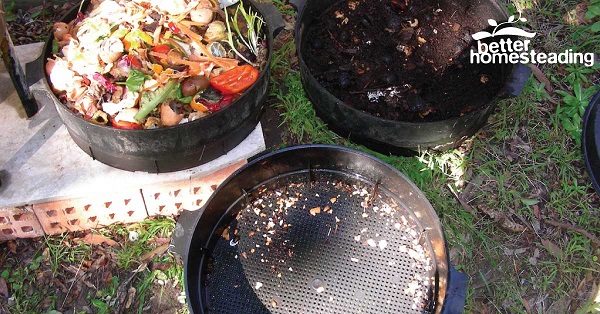
Multi-tied worm farms are great. They allow you to harvest your castings much more easily.
Uses Of Worm Castings Indoors And Out
Using Worm Castings In Potting Mix
Worm composted material can be mixed at a 50/50 ratio with your standard potting mix or even loamy garden soil. Ideally I like to put it all into a large plastic tub and use my hands or a small mini-fork to mix it in.
Use as normal potting mix, remembering to water in after repotting.
Worm Castings As A Soil Conditioner And Amendment
Using worm castings as a soil conditioner (soil amendment) is a great way to start. What you are basically doing is adding castings to the soil, mixing them together to combine the two.
You're certainly not going to have to do this to your entire garden bed, but when you dig a hole to plant a seedling or other plant, take a moment to mix equal parts worm compost to the soil, mix them together, replace around the plant and water in.
You can also do this in a bed that is currently empty before the planting season begins. This give the worm castings a chance to become one with the soil and enhance the nutrition and microbial content. Win - Win!!!
How To Use Worm Castings As Fertilizer
There are a couple of ways you can use your vermicompost as a direct fertilizer in the garden. Firstly, dig a hole where you are going to position a new plant. Place some of your worm poop (haha!) into the bottom of the hole and place the plant on top of it.
Backfill around the plant with the removed soil and bed in using your fist to remove air pockets.
The roots will have direct access to all the nutritional goodies. The roots will grow through the mix, out, and around it, but still be able to pull in the slow release nutrients that it provides.
An alternative for already established plants us to top dress around then. Try to avoid getting it onto the foliage, but taking a handful of castings and scattering them evenly around the periphery of the stem, watering in and leaving the goodness to soak down to the roots. This is a simple yet effective way to give your plants a superfood BOOST!
How To Use Worm Castings On Houseplants
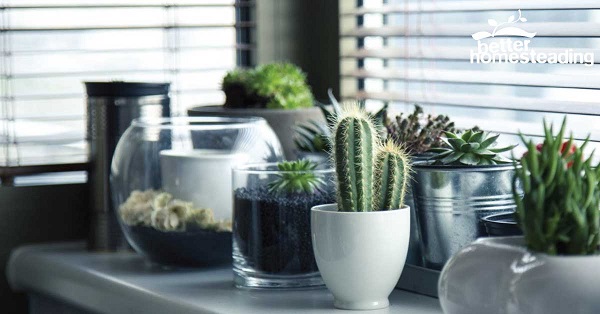
Use worm compost on your house plants to give them a new lease of life.
To reinvigorate house plants, make up a soil/potting mix and vermicompost blend, as we discussed in the soil conditioning section above. A 50/50 ratio is ideal, but you can use as low as a 25/75 ratio of castings to soil and still see good results. Repot and water in.
Top dressing house plants with your wormy magic is good too. As little as a tablespoon or two sprinkled around the base of the plant will give it the nutrients to get it growing well again. Water in and you're done.
How To Use Worm Castings In Your Garden
I've already discussed how you can enrich your soil by mixing it thoroughly with worm compost, or to use it when you dig a new hole for a plant. But what if you've already got the beds planted and you want to give this a shot? Here's how..
Side Dressing Your Vegetable Garden
Side dressing is a simple but effective way of adding fertilizer or soil amendments to an existing bed. Side dressing is particularly healthy for sandy soils that leech nutrients easily. The addition on humus rich material like casting can help improve the soil over time too.
Here are some of the vegetables that really get some benefit from this method:
•Beets and beet greens
•Brussel sprouts
•Cabbages
•Cauliflower
•Lettuces
•Kale
•Eggplants (Aubergine)
•Melons
•Peppers
•Celery
•Potatoes
•Cucumber
From Better Homesteading
